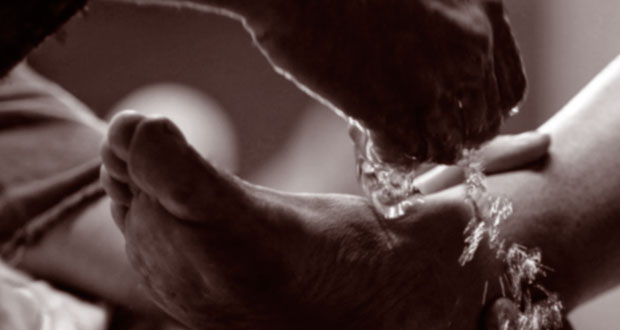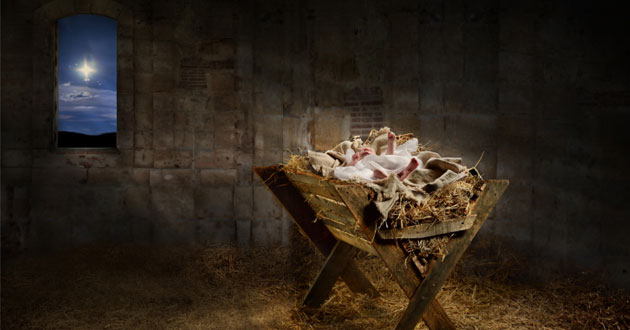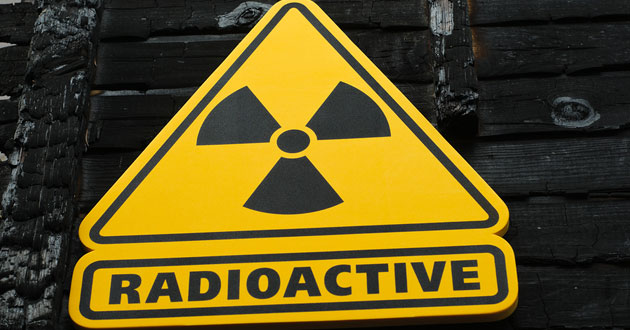From assassination to restoration: What only Christ can do

What can inspire a would-be assassin to wash the feet of the man he tried to kill? Only Jesus.
Between 1986 and 1991, Adriaan Vlok served as South Africa’s Apartheid-era Minister of Law & Order and also sat on South Africa’s State Security Council.
Vlok was behind many of the regime’s most repressive and drastic measures: hit squads, bombings and assassinations of anti-apartheid activists. The regime was desperate to stay in power in the wake of growing unrest at home and near-universal condemnation abroad.
All of which makes Vlok’s post-apartheid story all the more remarkable.
On August 1, 2006, he entered his old workplace in Pretoria and asked to see Frank Chikane, a minister and former anti-apartheid activist who was now serving in the government. As Eve Fairbanks tells readers in the New Republic, Vlok and Chikane had some history: Vlok tried to assassinate Chikane by lacing his underwear with “paraoxon, a potent insecticide.”
As comical as that sounds, the effects were no joke: Chikane survived only after “advanced medical treatment” in the U.S.
Why did Vlok want to see Chikane that day? Well, to ask forgiveness. Quaking as he stood before the man he tried to kill, he read from something he’d written on the front of his Bible: “I have sinned against the Lord and against you! Will you forgive me?”
He then pulled a bowl out of his briefcase and asked if he could wash Chikane’s feet.
A startled Chikane said “yes” and Vlok proceeded to wash his feet. And, as Fairbanks put it, “both men dissolved into tears.”
It shouldn’t surprise you to learn that Vlok had had a powerful conversion experience.
Reading Jesus’ words about leaving your gift on the altar and being reconciled to your brother prompted Vlok’s seeking forgiveness from his victims. As he told Fairbanks, “I had to start making peace with my brother whom I had hurt.”
And sadly, it also shouldn’t surprise you to learn that Vlok’s gestures have not been universally applauded. His fellow Afrikaners have labeled him “ridiculous,” a “quivering dog,” and a “traitor.”
Still others insist he hasn’t gone far enough, even though he is rare among former government officials in suggesting that the white minority has something to apologize for.
His change of heart even extends to his living arrangements: When Fairbanks visited his home, she found two recovering alcoholics and a just-released prisoner living with him.
Reading his story, what comes to mind is that it’s the kind of turnaround that only Christianity can produce. It’s a story about repentance, forgiveness, humbling oneself, and, ultimately, restoration of what was broken. Yes, forgiveness figures in other religions too, but Christianity uniquely marries forgiveness to restoration and newness of life. As Fairbanks noted, Vlok’s conversion broke “his deep-seated sense of inner superiority.”
This brash self-confidence, Fairbanks tells us, figures prominently in Afrikaner culture. But in kneeling before Chikane, Vlok saw “the fundamental error of those beliefs.” In their place was a willingness to serve those he once thought to be inferior, those he thought should be serving him.
A black pastor whose feet Vlok washed called the experience “explosive,” one “that actually changed the whole church.”
Fairbanks writes that Vlok’s “transformation has been so complete, it seems almost too good to be true,” something I remember hearing about my mentor Chuck Colson.
But for those who know Jesus it’s not too good to be true. It’s what His Gospel is all about. And we don’t all have to fly to South Africa to see it in action. We should see it all around us, wherever we find Christ’s church.
— by John Stonestreet
Stonestreet is the Director of Strategic Partnerships for the Chuck Colson Center for Christian Worldview and is heard on Breakpoint, a radio commentary that is broadcast on 400 stations with an audience of eight million.
Copyright© 2014 Prison Fellowship Ministries. Reprinted with permission. BreakPoint is a ministry of Prison Fellowship Ministries





